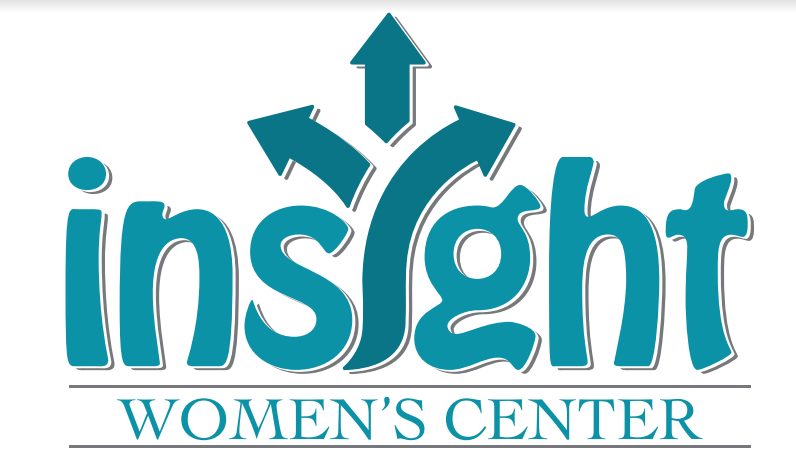
Finding Help and Healing After Sexual Abuse
In our last blog we explained what sexual assault is and how to make yourself aware if it’s going on around you. We also discussed the different precautions you can take to prevent an attack from occurring with general safety tips and tips specifically geared toward college students.
To read the full article click here.
______________________________________________________________________________________________________________________________________________
If you or someone you know has been sexually assaulted, it can be hard to know where to go and what to do. It is essential to understand that you are not alone, and there is help available. In this blog, we will discuss what to do if you’re sexually assaulted in college ( or elsewhere ) and where to find the support you need.
Preserve Evidence & Seek Medical Attention
If you choose to pursue legal action against your assailant, preserving evidence is crucial. Try to avoid showering, changing clothes, or washing anything that might have the attacker’s DNA. Take photos of any injuries, if applicable, and write down any details you remember about the incident as soon as possible. Even if you don’t have visible injuries, it’s essential to see a healthcare professional after a sexual assault. They can assess and treat any injuries and address concerns about sexually transmitted infections (STIs). A medical examination can also collect crucial evidence that may be useful if you decide to report the assault.
Consider Reporting the Assault
Deciding whether or not to report the assault to law enforcement is a personal choice. If you choose to report, contact your campus police if you are a college student and the attack happened at a school function or on campus. If the attack happened somewhere else, you should contact the police. They can guide you through the process and investigate the incident.
Understand Your Rights
It’s crucial to be aware of your rights as a survivor of sexual assault. Laws and regulations vary by location, so it’s a good idea to consult with legal experts who can explain your options. Title IX, a federal law in the United States, protects students from gender-based discrimination, including sexual harassment and assault, on college campuses. Familiarize yourself with your school’s Title IX policies.
Contact a Supportive Organization and Seek Counseling
Colleges and universities often have resources and services dedicated to supporting survivors of sexual assault. Reach out to your school’s counseling center, health services, or student affairs office. They can provide guidance, counseling, and information about reporting options. Healing from a sexual assault can be a long and challenging process. Consider seeking counseling or therapy from a trained professional who specializes in trauma and sexual assault. Many colleges offer free or low-cost counseling services for students and there are plenty of resources available also to anyone who is not currently in school.
Additionally, there are numerous organizations, such as the local Lawrence Sexual Assault Center, that provide resources and support for survivors. Many survivors find comfort and healing by connecting with others who have experienced similar traumas.
Insight Women’s Center is here to help you in any way we can; whether that be talking with you or helping you find the local resources that are available. We want to encourage you to look for support groups or online communities where you can share your feelings, experiences, and coping strategies with people who understand what you’re going through.
Take Care of Yourself
Remember that healing takes time. Be patient with yourself and practice self-care. Engage in activities that make you feel safe and happy, and consider incorporating relaxation techniques like meditation or yoga into your routine. Experiencing sexual assault is a traumatic event, but it’s important to know that you can find help and support. Reach out to trusted individuals and organizations, prioritize your safety and well-being, and remember that you are not alone on your journey toward healing. With the right resources and a supportive community, you can rebuild your life after this traumatic experience and move forward toward a brighter future. Don’t forget we are right here with you if you choose to reach out for help and healing.
If you or someone you know has experienced the trauma of sexual assault there are places to reach out to for help.
Locally:
- You can and should always call 911 in an emergency situation.
- Insight Women’s Center: We are available after hours by calling or texting 1-800-782-HELP. You can also schedule an appointment to come in and talk with us in a completely safe and confidential space.
- Lawrence Sexual Assault Center
Nationally:
- TheHotline.org: You can reach them by calling 1-800-799-SAFE or texting “START” to 88788.
Want to talk more about this? We’re here to answer your questions, provide help and give you options. It won’t cost you a thing to come in and speak with one of our nurses on staff.
Just click the “Request an Appointment” button below and pick a time that works for you.
Safe, caring, knowledgeable, and confidential.
We’re here to help!


